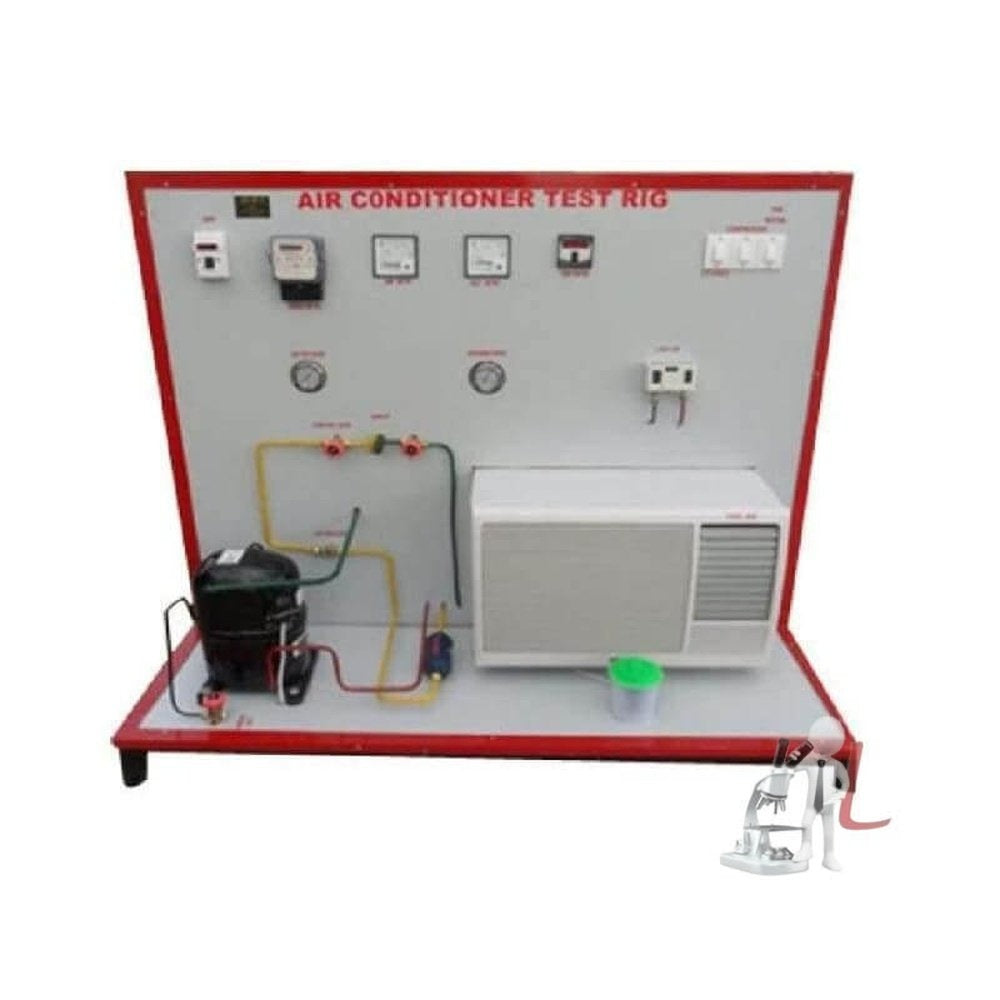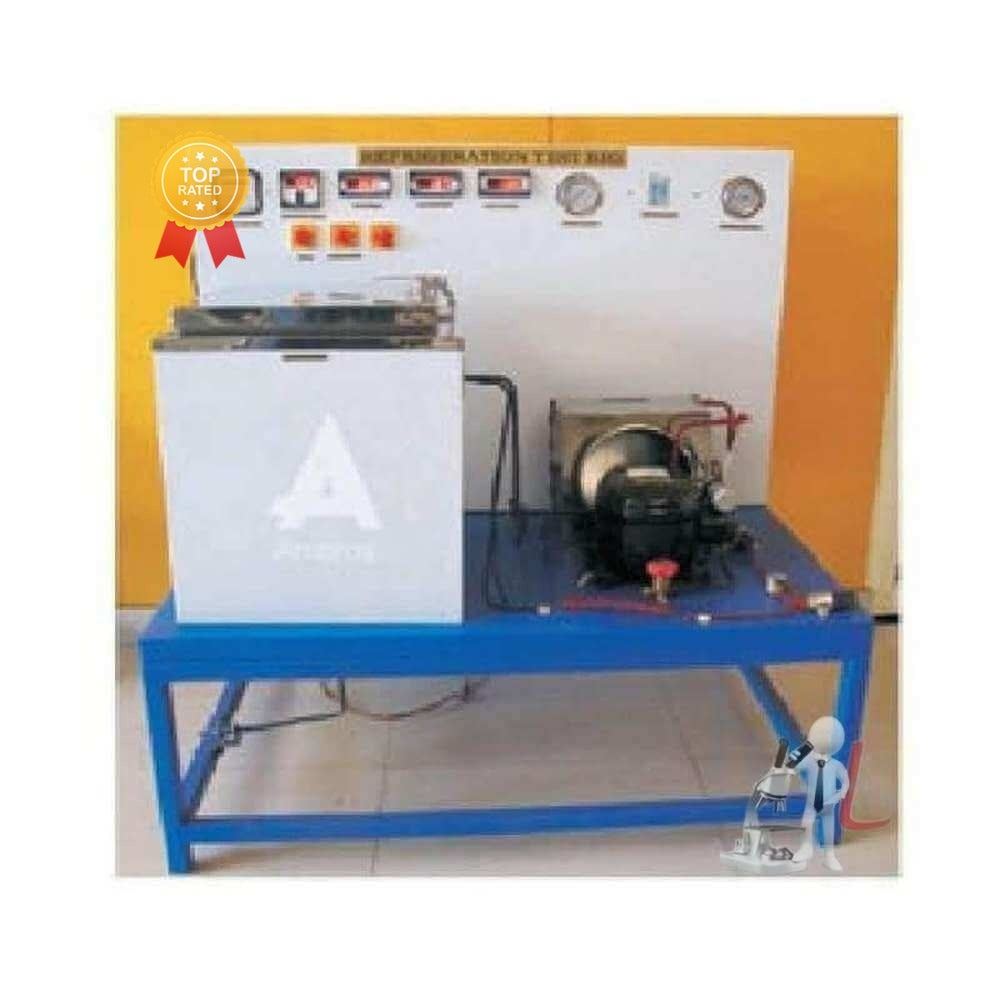I.C. Engine Technology: A Deep Dive into Mechanics and Applications
I.C. Engine Technology is a fundamental aspect of automotive engineering, encompassing the principles, designs, and functionalities of internal combustion engines. This technology plays a crucial role in powering vehicles, machinery, and various industrial applications. Understanding I.C. Engine Technology is essential for anyone involved in engine design, maintenance, or the automotive industry as a whole.
The internal combustion engine operates on a simple yet effective principle: fuel and air are mixed together, ignited, and the resultant explosion drives the engine's pistons, generating power. This process transforms potential energy in fuel into mechanical energy. I.C. engines can be categorized into two main types: spark-ignition engines, where a spark plug ignites the fuel-air mixture, and compression-ignition engines, which rely on high pressure and temperature for ignition. The choice of engine type affects overall performance, fuel efficiency, and emissions.
Central to I.C. Engine Technology is the understanding of various components including the cylinder block, pistons, crankshaft, camshaft, and valves. The design and arrangement of these components are crucial in determining engine performance. For example, a greater number of cylinders typically equates to smoother operation and increased power output. However, this must be balanced against fuel efficiency, operational costs, and the environmental impact. Innovations in materials and engineering techniques have led to lighter yet stronger components, allowing for advancements in engine designs that improve performance while reducing weight and emissions.
Another important aspect of I.C. Engine Technology is the thermodynamics involved within the engine cycle. The Otto and Diesel cycles are two prominent thermodynamic cycles that describe the operations within spark-ignition and compression-ignition engines, respectively. Each cycle outlines the phases of intake, compression, power, and exhaust, allowing engineers to understand the efficiency and effectiveness of different engine designs. Environmental regulations have pushed the development of more efficient engines that minimize waste heat and emissions, driving innovations in technologies such as turbocharging and direct fuel injection.
Fuel type also significantly impacts I.C. Engine Technology. Traditional gasoline and diesel fuels are being supplemented, and in some cases replaced, by alternative fuels such as biofuels, compressed natural gas, and hydrogen. These alternatives can often lead to cleaner combustion and lower emissions. The adaptation of engines to utilize these fuels involves careful assessment of fuel properties and how they interact with engine components, requiring ongoing research and testing. Developing engines that efficiently use alternative fuels while maintaining performance is a focal point of current engineering efforts.
Maintenance and testing of internal combustion engines are also integral parts of I.C. Engine Technology. Regular maintenance ensures that engines operate efficiently, extending their lifespan and improving reliability. Testing methodologies, including dynamometer testing, allow engineers to measure engine performance under various conditions, ensuring that design specifications are met and helping diagnose issues. Researchers continue to explore innovative testing methods, including simulations that predict engine behavior through complex computational models.
As I.C. Engine Technology advances, hybrid systems that combine traditional internal combustion engines with electric powertrains are becoming increasingly common. These systems aim to harness the best of both technologies, improving fuel efficiency and reducing emissions. Understanding how to integrate I.C. engines with electric systems presents new challenges and opportunities for engineers. Transitioning towards more sustainable practices within automotive industries while harnessing the benefits of internal combustion technology remains a key focus for future development.
In conclusion, I.C. Engine Technology encompasses a wide range of topics, from mechanics and materials to alternative fuels and hybrid systems. For engineers, researchers, and enthusiasts, staying informed about advancements in I.C. Engine Technology is essential as the automotive landscape continues to evolve. This knowledge not only enhances the performance of vehicles but also plays a vital role in addressing global energy challenges and environmental concerns.
Filter
Sort by


